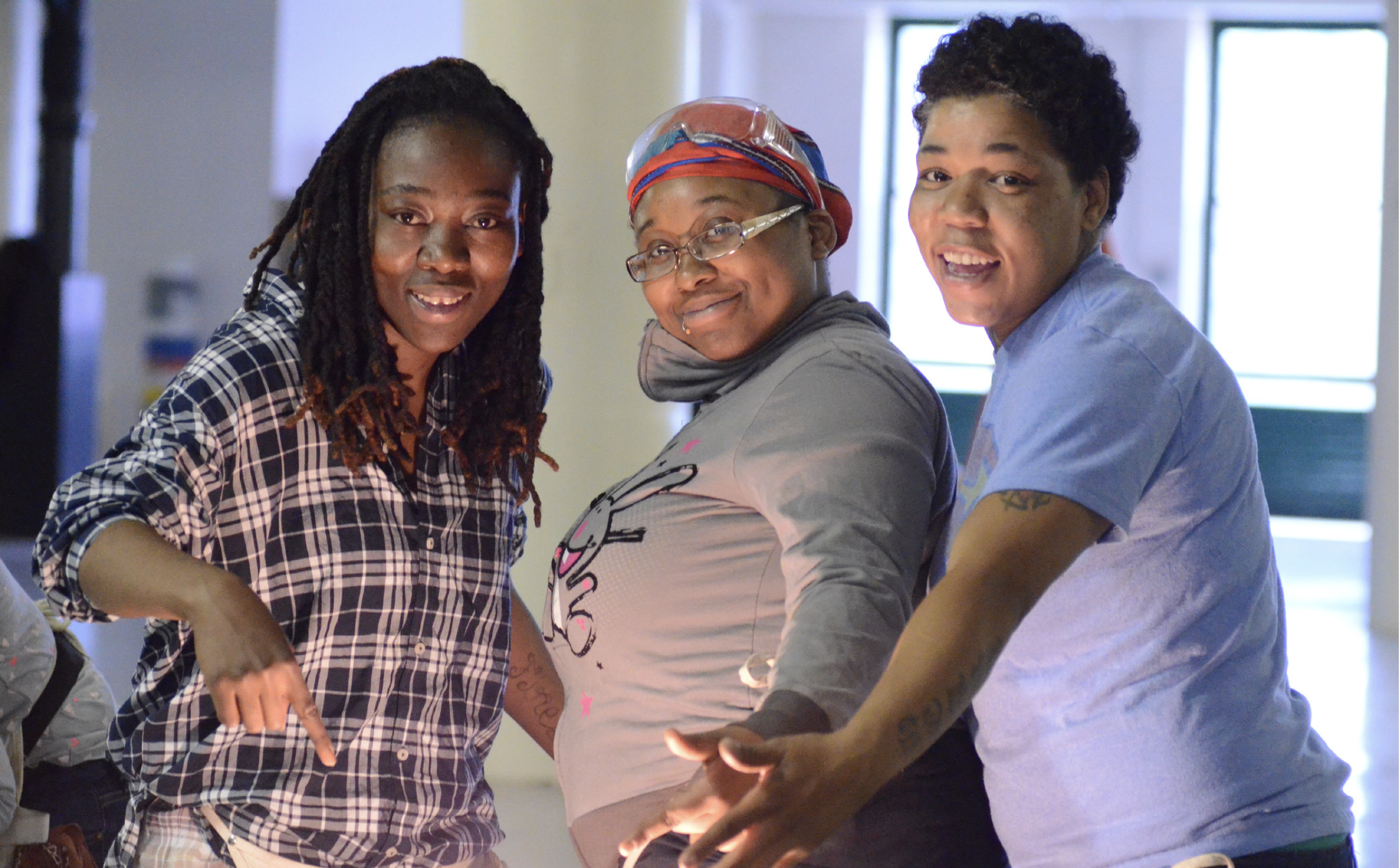March 7th-13th is Women in Construction Week.
For women who work in the union construction trades, it’s more than just a job. It also means high wages and the opportunity to earn while learning as an apprentice. It means healthcare, the ability to provide for one’s family, and the chance to own a home. It means pride and satisfaction in a challenging but rewarding career. A new brief published by Chicago Women in the Trades’ Center for Gender Equity in Apprenticeship and Employment and the Institute for Women’s Policy Research highlights a growing number of Black, Latina, and Afro-Latina women pursuing careers in the trades.
Between 2016 and 2019, when the U.S. Department of Labor started to fund several initiatives, including technical assistance to improve apprenticeship access and diversity, the number of Latina apprentices in the trades nearly doubled, and the number of Black women apprentices grew by over 50 percent. However, at 3.6 percent of federally registered trade apprentices, Black and Latina women remain severely underrepresented. Access to these kinds of high-quality jobs is crucial as Black and Latina women have been hit hardest by COVID-related job losses and the persistent race and gender wage gap.
The brief, “Here to Stay: Black, Latina, and Afro-Latina Women in Construction Trades Apprenticeships and Employment,” lifts the voices and experiences of early career Black, Latina, and Afro-Latina tradeswomen. A key theme in these women’s experiences is pride in both their work and their economic security. However, they also discussed the challenges they’ve faced– from having to walk down the block to use the toilet (while facilities for men are available on-site) to isolation and direct harassment. Many described having fewer opportunities than White male apprentices to develop their skills and become fully rounded tradespeople:
“On top of challenges that all apprentices face, Women of Color apprentices are rising above additional obstacles— including the isolation of being the only woman of color on many worksites and not getting enough working hours— but they shouldn’t have to.”
(Christina Barillas, Journeywoman Plumber and CWIT Board Member)
At a time when federal policymakers are getting serious about investing in infrastructure and apprenticeships, and jobs in construction are projected to grow at all levels, it is imperative that we build apprenticeship programs to include Black, Latina, and Afro-Latina women. State and local projects have already demonstrated progress through child care and accountability initiatives and other policies to support women in the trades.


